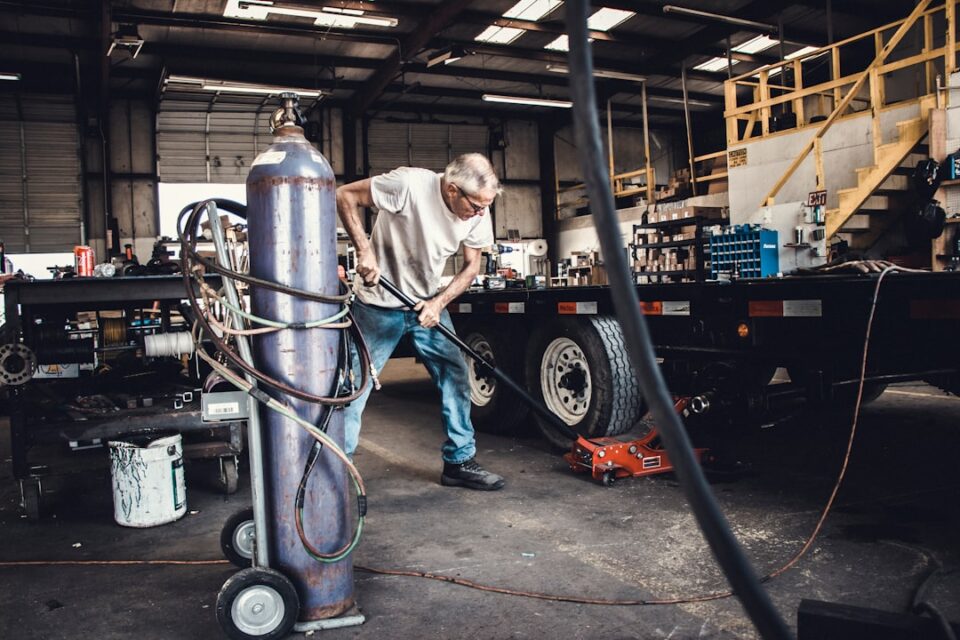Automation has been a game-changer in the manufacturing industry, revolutionizing the way products are made and significantly improving efficiency, productivity, and quality. With the rapid advancements in technology, the benefits of implementing automation in manufacturing have become increasingly apparent, leading to its widespread adoption across various industries.
One of the key benefits of automation in manufacturing is increased productivity. By automating repetitive and manual tasks, production processes can be completed faster and more efficiently, leading to higher output levels. This not only allows manufacturers to streamline their operations but also ensures that products are delivered to customers on time, ultimately boosting profitability and competitiveness.
Moreover, automation can also improve the quality of products by reducing human error and variations in the manufacturing process. Automated systems are programmed to perform tasks with precision and accuracy, ensuring that every product meets the required standards and specifications. This results in fewer defects, rework, and waste, ultimately leading to higher customer satisfaction and brand reputation.
Another major benefit of implementing automation in manufacturing is cost savings. While the initial investment in automated systems may be significant, the long-term savings are undeniable. Automated systems can run 24/7 with minimal downtime, reducing labor costs and increasing operational efficiency. Additionally, automation can help manufacturers save on materials, energy, and maintenance costs, leading to overall reduced production costs and improved profitability.
Furthermore, automation can also improve workplace safety by removing workers from dangerous and hazardous tasks. Automated systems are designed to perform tasks in a controlled and safe manner, minimizing the risk of workplace accidents and injuries. By delegating dangerous tasks to robots and automated machines, manufacturers can ensure the health and well-being of their employees, ultimately creating a safer and more productive work environment.
In addition to productivity, quality, cost savings, and safety, automation also offers manufacturers the advantage of flexibility and scalability. Automated systems can easily adapt to changing production demands and requirements, allowing manufacturers to quickly adjust their operations to meet customer needs. Whether it’s changing product specifications or increasing production volumes, automation provides the flexibility and scalability needed to respond to market dynamics and stay ahead of the competition.
Moreover, automation can also enable manufacturers to achieve sustainability goals by reducing energy consumption, waste, and emissions. Automated systems are designed to optimize resource utilization and minimize environmental impact, helping manufacturers operate more sustainably and responsibly. By implementing automation, manufacturers can reduce their carbon footprint, comply with regulations, and contribute to a greener and cleaner future.
Furthermore, automation can also enhance the competitiveness of manufacturers by improving innovation and customization capabilities. Automated systems can be programmed to perform complex tasks and processes that would be impossible or inefficient for humans to do manually. This enables manufacturers to develop new products, improve existing ones, and offer customized solutions to meet unique customer needs, ultimately creating a competitive edge in the market.
Overall, the benefits of implementing automation in manufacturing are numerous and far-reaching. From increased productivity and quality to cost savings, safety, flexibility, scalability, sustainability, and competitiveness, automation offers manufacturers a significant advantage in today’s fast-paced and competitive business environment. By embracing automation and leveraging the latest technologies, manufacturers can revolutionize their operations, drive growth, and achieve sustainable success in the long run.

